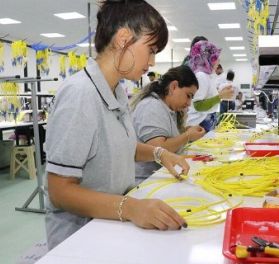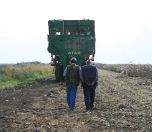Click to read the article in Turkish
Romanis face hunger because their livelihoods are exhausted. Even under normal conditions, they live with solidarity, borrowing food from one another. Now, their poverty has deepened with coronavirus. Debts to shop owners have swelled, neighbors have run out of supplies. Many people don't have electricity and water in their homes because of unpaid bills.
Some live in houses where toilets are outside, some share toilets and bathrooms with their neighbors. They can't access the most basic cleaning supplies.
They shouldn't leave home to protect public health, but under which conditions they could stay at home? Representatives of Romani civil society organizations from Balıkesir, Edirne and İzmir provinces say Romanis have urgent needs.
Five boxes of supplies for a neighborhood of eight thousand
Sitem Kara, the vice-chair of the İzmir Romani Social Development Association, says that Romani people make a living with day labor, such as selling flowers and waste picking, and such sources of income are no more after the epidemic. They are a community living with cooperation and solidarity, and they don't have savings to spend in hard times, she says.
"Romanis don't have the minimum conditions to fight the virus. Their primary problem is to feed themselves. Hygiene is talked about will they buy bread or detergent if they have five lira?
"Romanis live four or five people in single-room homes. Some families share toilets, bathrooms. Sewage flows into yards in some places. In these conditions, Romanis can't access the most basic cleaning supplies, they don't have the means to fight the virus."
Romani neighborhoods are under serious risk as a solution would be impossible even if one person gets infected, says Kara.
"As part of social aids, the municipality used to distribute hot meals to registered people. They stopped this. They said, 'Supplies will be given,' but it was only given to those who were registered for hot meals. Five boxes of supplies come to a neighborhood of eight thousand," she notes.
"The money they make is well below the starvation line"
Cem Pekbalıkçı, the chairperson of the İzmir Romanis Education, Youth and Culture Association, also says that Romanis were not able to continue working in daily labor jobs where they would make 40 to 50 lira (1 US dollar=6.70 lira) after the epidemic began.
"They faced the violence of poverty and realized that the virus was the cause of it," he says, adding that Romanis wouldn't have sufficient nutrition in even normal times due to poverty and their immune systems are weak.
The monthly starvation line for a family of four is 2,345 lira, according to the Confederation of Turkish Trade Unions (Türk-İş). However, a family that makes this money would be considered rich among the Romanis, Pekbalıkçı says. "The Romanis are living below the stated hunger limit, let alone reaching it."
The situation of the Romanis is no different in the northwestern Edirne province, according to Nilay Karadeniz, a Romani activist who has been conducting a field research since the beginning of the outbreak.
"I visited a shop in the Papazoğlu neighborhood. People's debts are so swollen that he can't bring new products to the shop because he can't receive payments. When I told an old woman that she should protect from the virus, she said, 'If we don't die from the virus, we will starve to death," she says.
"There are families who do not have electricity and television at home. The internet is luxurious for children. They cannot enter the online education system." (HN/SO/AÖ/VK)





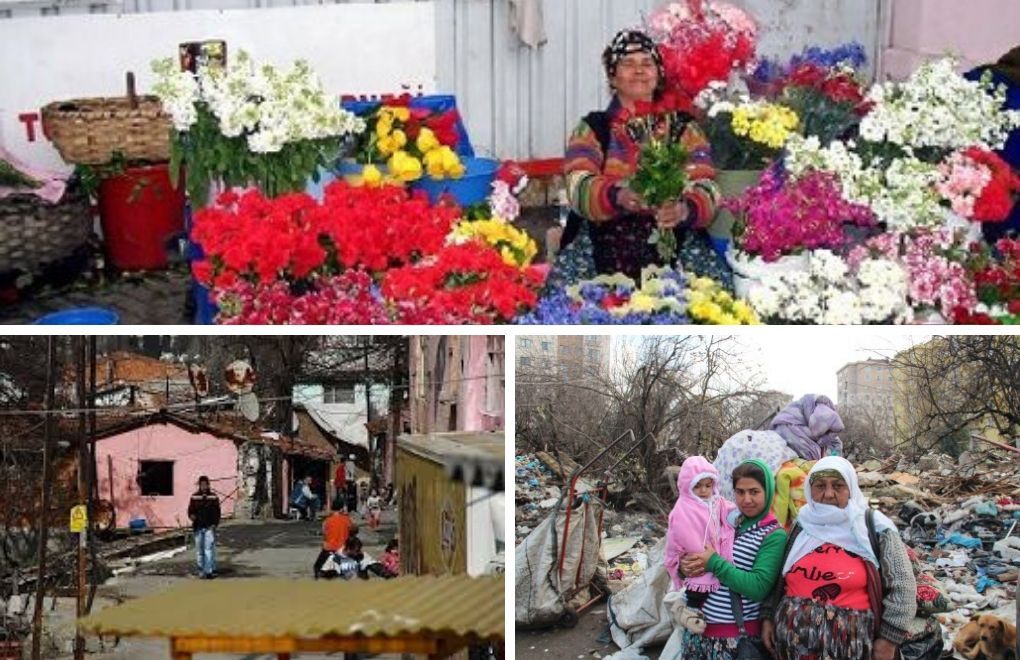
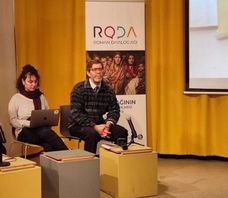
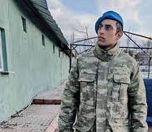
-132.jpg)
